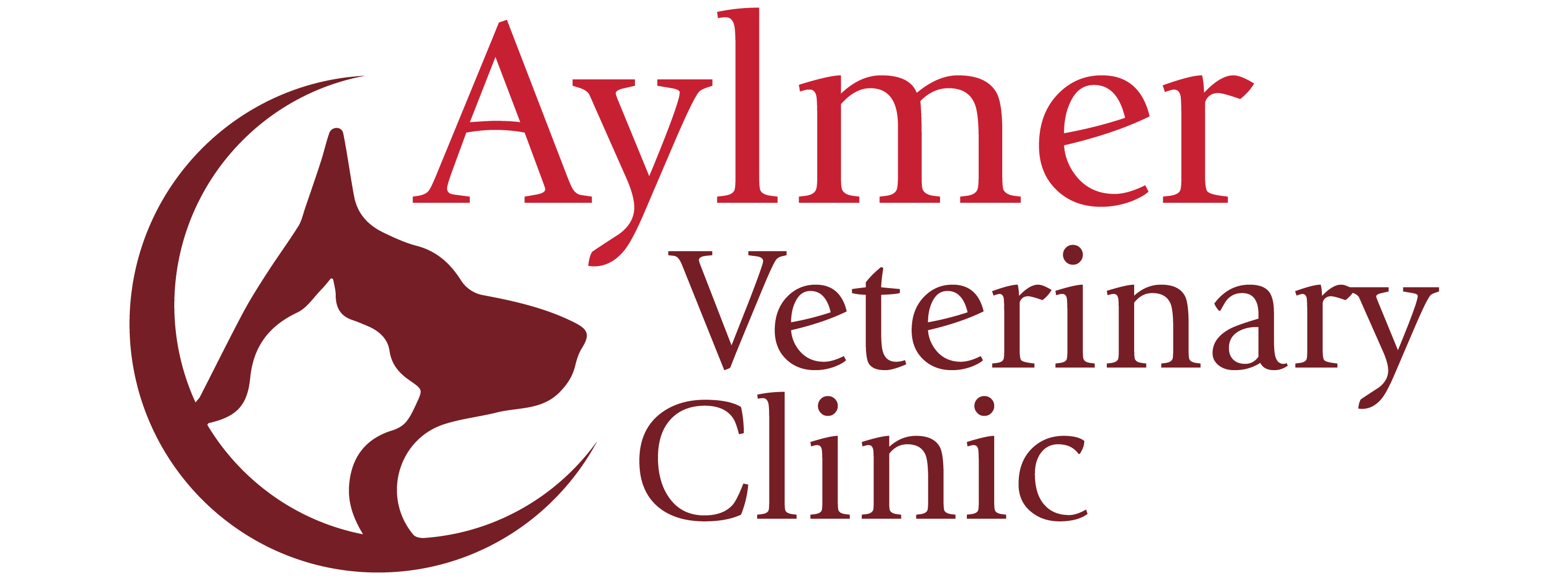One of the best things you can do to keep your dog’s skin and hair coat healthy is feeding a high-quality diet. Higher levels of omega fatty acids can be added to food while it is being made than what we can supplement with after the fact. You will notice decreased shedding, less itching and flaking and a great shine to your dog’s hair coat! We have a number of different diets available that can help keep your dog’s coat looking great.
What are the causes, symptoms & diagnosis of bacterial skin infections?
Most bacterial skin infections will look like either little pimples on the skin or circular lesions with hair loss and yellow crusting around the edges. They are usually very itchy as well. We can often see if your dog has a yeast and bacterial skin infection by taking some samples using cotton swabs or tape and examining them under a microscope.
What are the causes, symptoms and treatment for ringworm?
Ringworm is not actually a worm but a fungal infection. Many people think that their dog’s bacterial skin infection is ringworm since they can both cause itchy, circular, crusty lesions. Ringworm can be diagnosed doing a culture of the affected hairs. Sometimes more than one sample is required. Treatment can be very detailed and usually involves both topical and oral medication.
What are the causes and treatment of allergic skin diseases?
Dogs can be allergic to all of the same things we are, including cats! Allergens are usually divided into environmental or food allergies. It can be difficult to determine what your dog is allergic to, even with allergy testing. Different prescription diets exist that can help your dog with their allergies. Often allergic dog’s skin is managed with a variety of things, usually different types of medication and food. Often dogs with allergies have more than one thing happening in their skin at once. For example, they could have an environmental allergy, a yeast allergy, a bacterial skin infection and ear infection all at the same time! You can imagine this means a lot of different treatments and follow-ups, but please know that our veterinarians are here to manage these complicated cases and ensure we are getting things under control and keeping these dogs comfortable.
What are the causes and treatment for parasitic skin diseases?
The most common types of parasitic skin diseases we see are from mites, primarily Demodectic mange, Sarcoptes mange (Scabies) and Cheyletiella mites. Thankfully, newer treatments have evolved for these diseases, and they are easier to treat than they ever before!
What are the causes and treatment for hormonal skin diseases?
Hormonal skin disease often presents as hair loss that doesn’t have any associated itching or irritation with it. Causes can be an underactive thyroid gland (Hypothyroidism), seasonal hair-loss (alopecia) or an overactive adrenal gland (Hyperadrenocorticism also known as Cushing’s disease) to name a few. Treatment varies depending on the cause, and one of our doctors can discuss that in more detail with you should your dog be diagnosed with one of these conditions.




